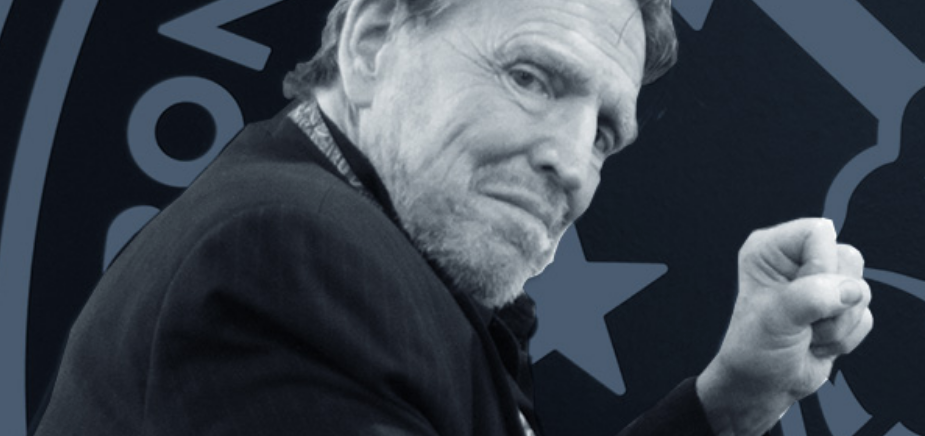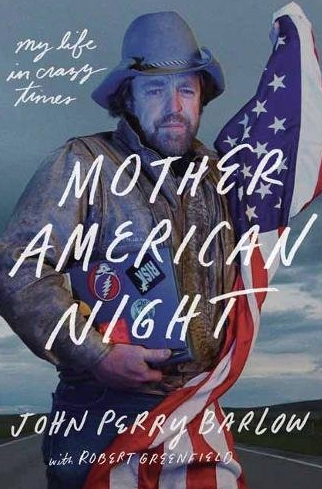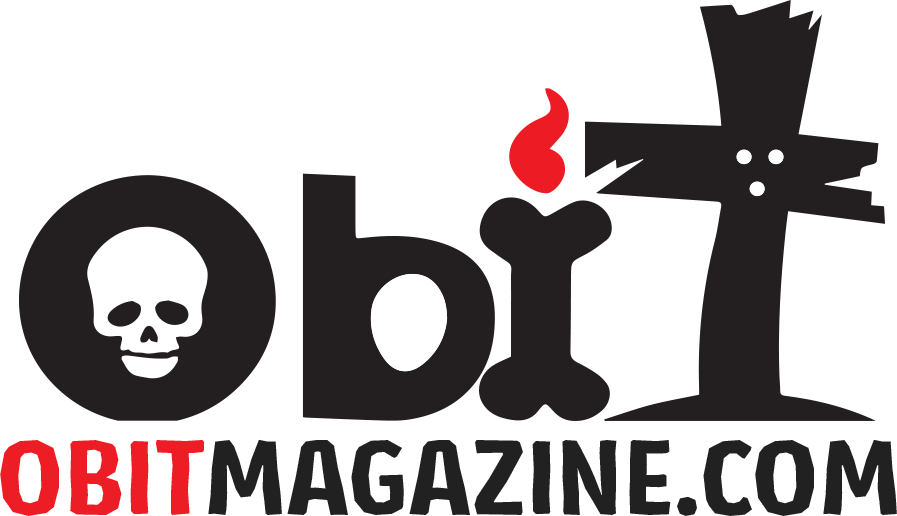Since you’re reading this story on the internet, you owe a debt to John Perry Barlow. Not that he would have accepted your money. Barlow, who died Wednesday in San Francisco, was, though the Electronic Frontier Foundation, which he founded, one of the foremost defenders of the open internet. In 1996, he wrote a “declaration of independence” for cyberspace asking “Governments of the Industrial World, you weary giants of flesh and steel, I come from Cyberspace, the new home of Mind. On behalf of the future, I ask you of the past to leave us alone.”
 But the internet was merely one facet of an adventure-filled life. He went from growing up on a ranch in Wyoming, to dropping acid with Timothy Leary, to traveling through India, and in 1970, becoming one of the in-house lyricists for the Grateful Dead, writing 30 songs for the band (mostly with Bob Weir, who he met in boarding school). But Barlow’s most enduring work will probably be his work with the EFF, starting the Freedom of the Press Foundation, and helping to launch the WELL (Whole Earth ‘Lectronic Link) one of the earliest and most eclectic on-line communities, where a 1991 New York Times profile described him as he as “the No. 1 digital Deadhead, equal parts beat poet and P. T. Barnum.” In a memorial, the EFF described his work shaping the web into “a world that all may enter without privilege or prejudice accorded by race, economic power, military force, or station of birth . . . a world where anyone, anywhere may express his or her beliefs, no matter how singular, without fear of being coerced into silence or conformity.”
But the internet was merely one facet of an adventure-filled life. He went from growing up on a ranch in Wyoming, to dropping acid with Timothy Leary, to traveling through India, and in 1970, becoming one of the in-house lyricists for the Grateful Dead, writing 30 songs for the band (mostly with Bob Weir, who he met in boarding school). But Barlow’s most enduring work will probably be his work with the EFF, starting the Freedom of the Press Foundation, and helping to launch the WELL (Whole Earth ‘Lectronic Link) one of the earliest and most eclectic on-line communities, where a 1991 New York Times profile described him as he as “the No. 1 digital Deadhead, equal parts beat poet and P. T. Barnum.” In a memorial, the EFF described his work shaping the web into “a world that all may enter without privilege or prejudice accorded by race, economic power, military force, or station of birth . . . a world where anyone, anywhere may express his or her beliefs, no matter how singular, without fear of being coerced into silence or conformity.”
On top of this, he was a rancher, poet, and perhaps most oddly, given his other interests, a Republican politician, who worked on the 1978 congressional campaign of Dick Cheney (whose politics he later renounced).
Barlow also had worries about what the internet could become, complaining that he felt “oppressed by all of the beeping and buzzing and whining” of computers, and worried about “discussion groups on the net, which I found very easy to leave once the signal-to-noise ratio deteriorated to the point where I didn’t dig it any more.” That didn’t keep him from following his restless curiosity into new places, explaining to bell hooks that it came from a lesson imparted by his mother: “I’d complain about being bored and she’d say, ‘Anyone who’s bored isn’t paying close enough attention.’ ”
 .
.
His memoirs, “Mother American Night: My Life in Crazy Times,” written with Robert Greenfield, will be published later this June by Crown.

Leave a Reply